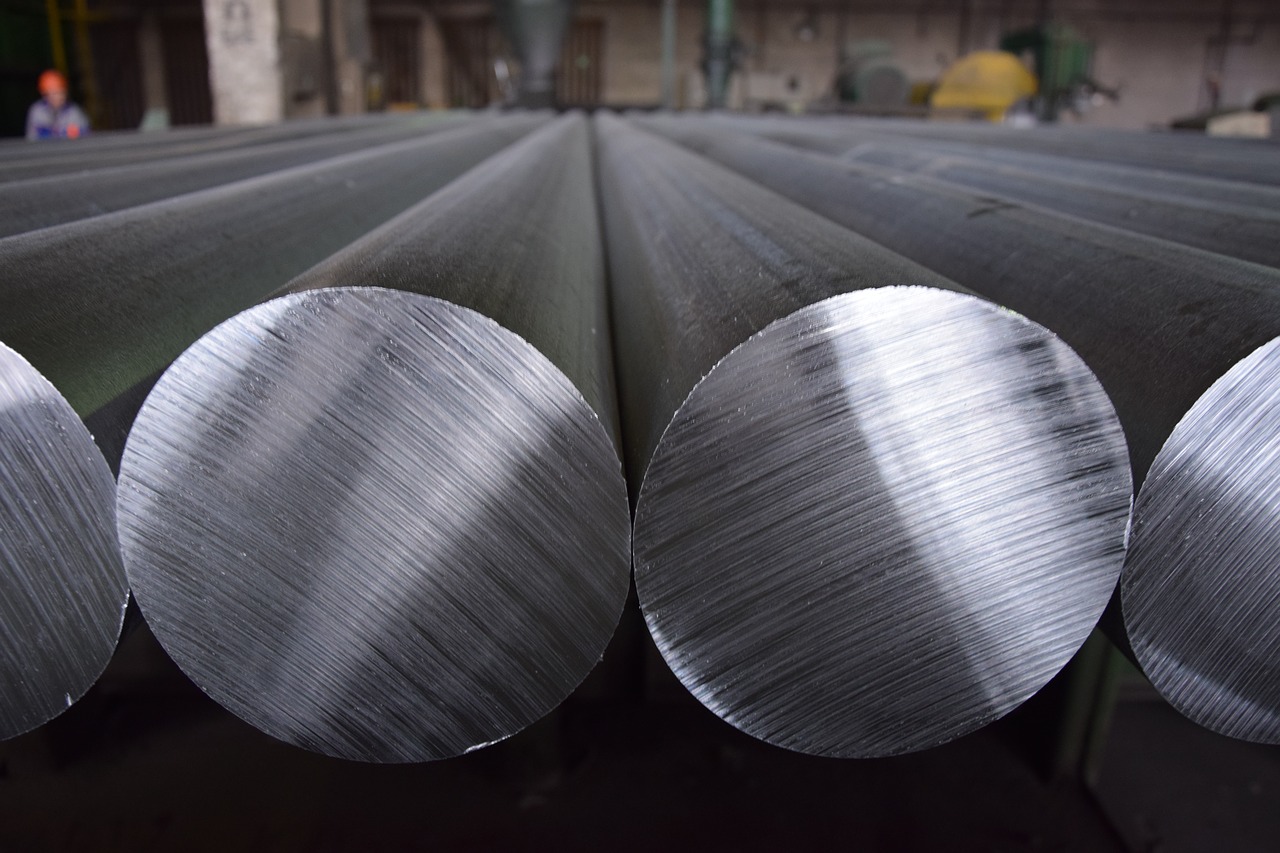Engineers Find a Speedy Way to Produce Aluminum 7075

A team of material engineers in the Pacific Northwest National Laboratory, in Washington, have developed a novel manufacturing method for aluminum 7075, an alloy that is highly valued in the industry but one that is notoriously hard to extrude and very costly to make.
The high cost derives from the inadequacy of conventional extrusion methods, that can reach a maximum speed of around 1 meter per minute (3 feet/min). For comparison, 6000-series alloys are extruded at over 20 meters (65 feet) per minute.
The resulting price difference makes the use of the alloy 7075 only feasible in aerospace applications where the lightness of the material makes up for the additional cost, as the better fuel efficiency over the years accumulates significant savings.
But the strength-to-weight ratio of aluminum 7075 is something that’s sought after by all industries, as it’s roughly 85% higher than alloys used in passenger cars.
The researchers managed to develop an extrusion process that they call ‘ShAPE’, and which is ten times quicker while using 50% of the energy expended in conventional methods. Moreover, the quality of the resulting alloy is excellent, featuring no cracks or tearing.
The secret of this patented process is to add rotational motion to the linear extrusion, thus generating heat that warms the metal and causes it to deform. This also eliminates the need to pre-heat it in a furnace to soften the billet for roughly a whole day prior to the extrusion.
It is a simple and very practical solution that must be implemented with accuracy in order to reach the desirable results, but with modern sensor and control systems, this is fairly easy to achieve.
ShAPE is suitable for extruding tubes, wires, or bars, all meeting and exceeding ASTM quality standards. The engineers who developed the process are confident that it will soon evolve into becoming the de-facto method followed in all aluminum extrusion units.

 Tech Steel & Materials
Tech Steel & Materials